Southeast Asia has emerged in recent years as a highly-promising destination for global investors. According to the “Navigating High Winds: Southeast Asia Outlook 2024-34” report from Angsana Council, Bain & Company, and DBS, the region is expected to experience faster growth over the next decade compared to the last, with GDP growth and FDI exceeding those of China.
Fortune, the American business magazine, also acknowledges Southeast Asia’s growing importance in the global economy. Following the Covid-19 pandemic, numerous large multinational corporations from the Global 500 have relocated parts of their supply chains to the region.
“With a young and growing population of 680 million, low inflation, and stable exchange rates, Southeast Asia is emerging as an attractive market in its own right,” Fortune reported.
In recognition of Southeast Asia’s potential, Fortune - famous for its reputable rankings - has introduced the Fortune Southeast Asia 500 for the first time. According to Fortune, this list showcases the 500 largest companies representing dynamic Southeast Asia, a region contributing approximately $4 trillion to global GDP and displaying impressive growth.
“With this new list, we turn the spotlight on the impressive growth story of Southeast Asia and the largest companies driving this diverse region and its economies,” said Mr. Khoon-Fong Ang, Fortune’s Chief of Operations, Asia.
A look at the Fortune SEA 500 reveals that Vietnamese banks have played a substantial role in Southeast Asia’s overall growth. Among the top 200 companies on the list, 34 are banks, with Vietnam contributing 12 of them. In pursuit of becoming leading financial institutions in the region and globally, Vietnamese banks are expanding their capital, assets, and networks internationally.
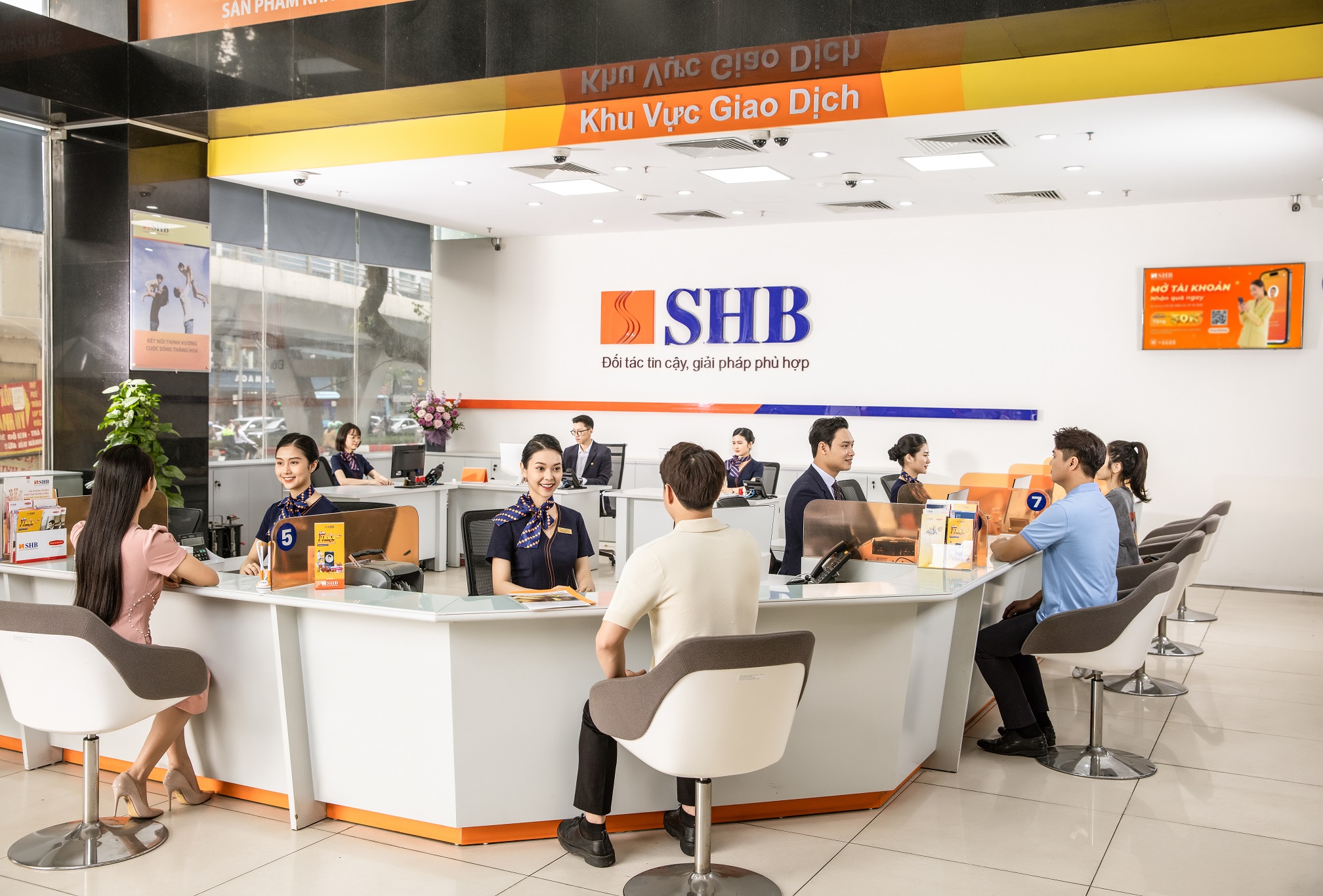
Among the most successful private banks in expanding abroad is the Saigon-Hanoi Commercial Joint Stock Bank (SHB). SHB’s brand and reputation extend beyond Vietnam, reaching across the ASEAN region, including Laos, Cambodia, and Myanmar.
In terms of scale, SHB ranks among the top 5 largest private joint stock banks in Vietnam, with total assets as of June 30, 2024, amounting to VND659.76 trillion ($26.49 billion) and charter capital VND36.63 trillion ($1.47 billion). For the first half of 2024, SHB posted over VND6.86 trillion ($275.5 million) in pre-tax profits, up 13 per cent year-on-year and fulfilling 61 per cent of its annual target. The bank is also finalizing regulatory filings to issue a 2023 stock dividend at a rate of 11 per cent, which is expected to raise its charter capital to VND40.65 trillion ($1.63 billion).
Beyond growth, SHB leads in operational efficiency, consistently maintaining the lowest Cost-Income Ratio (CIR) in the banking system for several consecutive quarters. The bank’s capital safety and risk management ratios consistently exceed the regulations set by the State Bank of Vietnam, with liquidity risk managed under Basel II and Basel III standards.
In its business operations, SHB is driving digital transformation, applying the latest technologies to optimize and streamline processes, improve operational efficiency, and enhance the customer experience. It is the only Vietnamese bank to win two awards at the Digital CX Awards 2024, organized by The Digital Banker, with evaluation support from partners such as PwC, Deloitte, Forrester, and Capco. These awards recognize and honor pioneering innovations in digital customer experience across the global financial ecosystem.
SHB was recognized for “Outstanding Digital Platform Experience - Cash Management Platform” with its “Collection Service via Slink Account”, and “Best Use of Technology for Digital Experience” with its “Automatic Credit Approval System (ACAS)”. Notably, both digital solutions were self-developed and implemented by SHB’s internal teams.
With its strong financial foundation, advanced technology platforms, and diverse product / service ecosystem, SHB meets stringent criteria and has become a trusted partner of leading global financial institutions such as the World Bank (WB), the International Finance Corporation (IFC), and the Asian Development Bank (ADB). These partnerships provide the bank with vital resources to develop policies that support businesses, particularly small and medium-sized enterprises (SMEs) and women-owned businesses.
Since the beginning of the year, SHB has consistently received awards from international organizations for its work with SMEs, including “Best Sustainable Finance Bank for SMEs” from Alpha Southeast Asia magazine; “Best SME Bank in Vietnam” from FinanceAsia magazine and Euromoney magazine; and “Best Domestic SME Collaboration Initiative” and “Best Domestic Social Impact Finance Initiative” from ABF magazine.
SHB is also highly regarded by reputable organizations and investors for its application of ESG (environmental, social, governance) standards in its business activities. At the FinanceAsia Awards 2024, SHB was named “Vietnam’s Most Positive ESG Impact Bank” by FinanceAsia magazine. This was the second consecutive year SHB won this award, demonstrating its steadfast commitment to sustainable development goals.
Ranking 137th in the Fortune SEA 500 and receiving numerous awards from prestigious organizations recently, SHB has affirmed its stature and reputation in the financial market, contributing to the region’s overall growth.
From 2024 to 2028, it is focusing its resources on implementing a comprehensive and robust transformation strategy, aiming to become the top bank in efficiency, the most preferred digital bank, the best retail bank, and a leading provider of capital, financial products, and services to both strategic private and State-owned enterprises (SOEs) with supply chains, value chains, ecosystems, and green development initiatives.



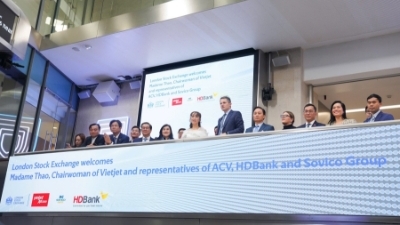
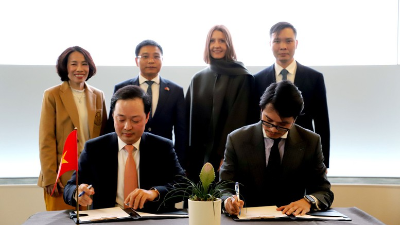
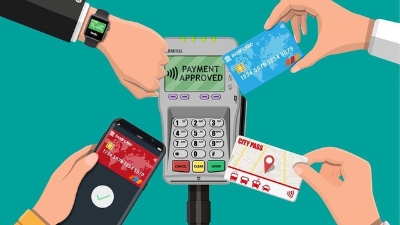
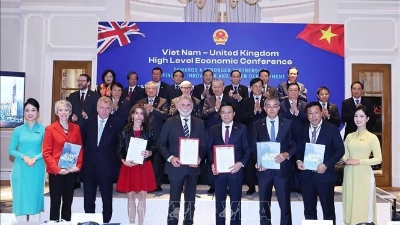
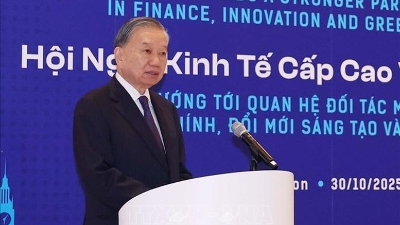

 Google translate
Google translate